Asia-Pacific Archive
Free Newsletter
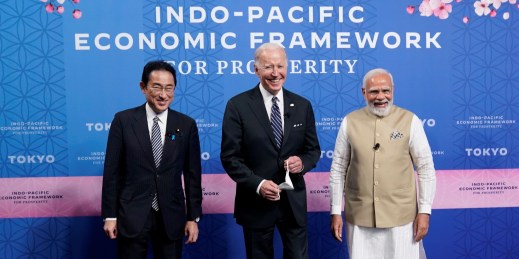
Under the leadership of President Xi Jinping, China has begun to challenge America’s role as the key economic and political actor in Asia. Increasingly repressive at home, Xi has not shied away from asserting China’s regional authority. But while China’s rise often makes headlines, it is not the only trend shaping events in Asia.

Hundreds of thousands of Chinese students come to the U.S. for their higher education, in part to take advantage of a more open political atmosphere. For this reason, the recent campus crackdowns against pro-Palestine protests offer insights into U.S.-China dynamics, but also the challenges facing U.S. universities as they globalize.

Last week, Nicaragua canceled its deal with a Chinese company to build and manage a canal that stretches across Central America, ending a decade-long saga. Despite this development, China’s influence in Nicaragua has never been greater, in large part due to the diplomatic isolation of President Daniel Ortega’s autocratic government.
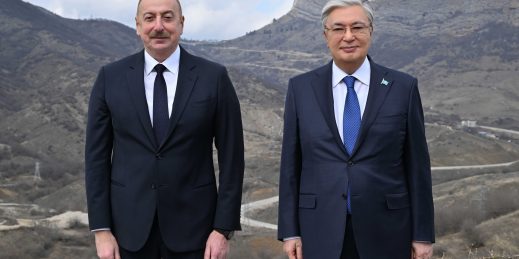
An international effort to create a rail and maritime transport corridor to connect Asia to Europe while avoiding Russian territory has gained momentum in the wake of Russia’s invasion of Ukraine. The success or failure of the trade route, known as the Middle Corridor, depends on solid relations between Azerbaijan and Kazakhstan.
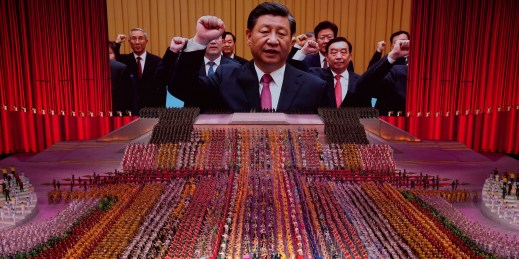
As much as any other single development, China’s rise over the past two decades has remade the landscape of global politics. China rapidly transformed its economy from a low-cost “factory to the world” to a global leader in advanced technologies. Along the way, it has transformed global supply chains, but also international diplomacy.
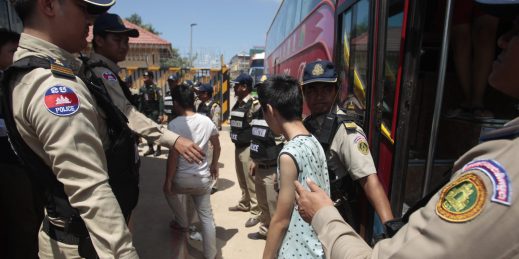
Cambodia’s government can’t get to grips with the cyber-slavery compounds run by Chinese mafia gangs on its territory, as the government’s official response has veered between minimization of the problem and denial. This failure is putting pressure on foreign governments to protect their nationals from falling victim to the scams.
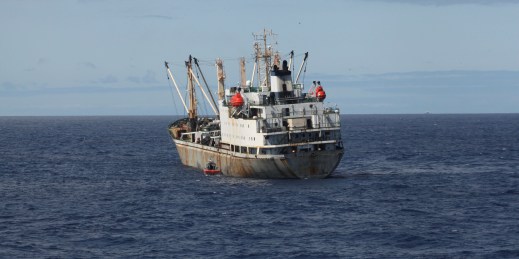
China’s distant-water fishing fleet, the world’s largest, is engaging in human rights abuses and systematic illegal fishing on an unprecedented scale. Urgent action is needed now to rein in the Chinese fleet and end these abuses, which have global security and geopolitical ramifications, as well as real human costs.
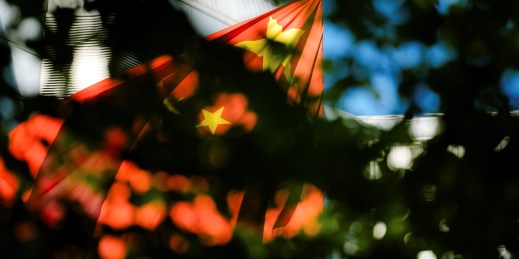
Chinese President Xi Jinping’s trip to Europe is coming at a rather awkward time. European police and intelligence agencies have recently uncovered an astonishing number of alleged Chinese spies in a tidal wave of counterespionage activity in recent weeks, underscoring the sheer breadth of Beijing’s intelligence operations.




